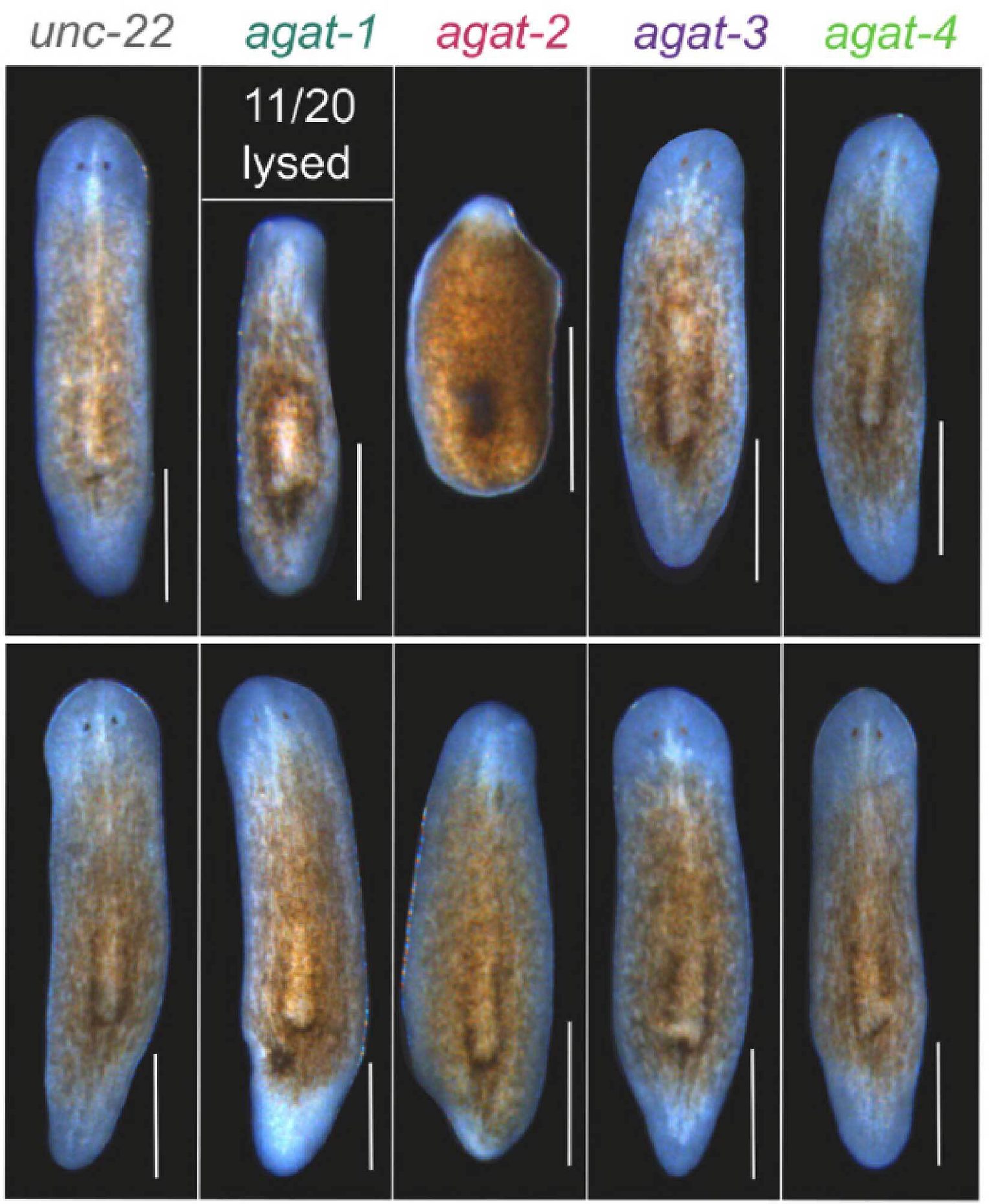New members join the Stowers faculty
Coming to the Stowers Institute and settling in to life in Kansas City is a little like coming home for Sarah Zanders, PhD. Zanders grew up in the neighboring state of Iowa, where she got her start in science with a BS in biology at the University of Iowa. From there she moved from one coast to the other as she completed her PhD at Cornell University in Ithaca, New York, and a postdoctoral fellowship at Fred Hutchinson Cancer Research Center (FHCRC) in Seattle, Washington.
Zanders’ research focuses on a set of genes called selfish genes. Unlike genes that encode for proteins crucial to healthy function of an organism, such as insulin or collagen, selfish genes “have no apparent redeeming features,” Zanders says. Their sole function appears to be to promote their own survival by ensuring their presence in the genomes of the offspring of an organism.
While investigating meiotic recombination, a critical step in the formation of gametes, as a graduate student at Cornell University, Zanders noticed something fascinating. “I was puzzled that the genes responsible for meiosis were rapidly evolving,” she says. “The fact that the meiosis field of researchers had no satisfying explanation for their rapid evolution suggested that there was something important about meiosis that we were missing.”
When Zanders moved to FHCRC she began exploring, under the tutelage of Harmit Malik, PhD, and Gerry Smith, PhD, the possibility that selfish genes could drive the evolution of genes, including those required for meiosis. Ultimately, Zanders’ findings, published in 2014 in eLife, suggest that selfish genes play a role not only in the evolution of genes, but in the evolutionary process of speciation.
Here at the Institute, Zanders plans to continue her research of selfish genes to gain a better understanding of their impact on fertility and thus genome evolution and speciation.
If he couldn’t become a professional soccer player, he would do what he thought was the next best thing and become a scientist. And by age 15, Ariel Bazzini, PhD, had set his sights on pursuing science. His dreams were instilled and encouraged by his middle school biology teacher’s lectures on the Human Genome Project.
Those early lessons fed a curiosity that led him to the University of Buenos Aires for master's and doctoral degrees in molecular biology. He pursued his doctoral studies in plant genetics in the laboratory of Sebastian Asurmendi, PhD, at the Institute of Biotechnology in Argentina’s National Institute of Agricultural Technology (INTA).
Bazzini continued his training as a postdoctoral fellow and subsequently an associate research scientist in the laboratory of Antonio J. Giraldez, PhD, in the Department of Genetics at Yale University. Bazzini’s current focus on the regulation of gene expression in vertebrates originated during his time there.
One of Bazzini’s early findings, reported in the journal Science in 2012, provided important evidence that “at a certain point of development and cell differentiation, very strong gene regulation can occur at the level of translation without any change of the mRNA level,” Bazzini says. This suggested that using mRNA levels during embryogenesis as the sole indicator of gene regulation was not reliable. While the cellular processes of transcription and translation are very complicated and many questions about these processes remain, Bazzini looks forward to using the resources available at the Institute to tackle them in hopes of discovery.
Read more about these interesting individuals



